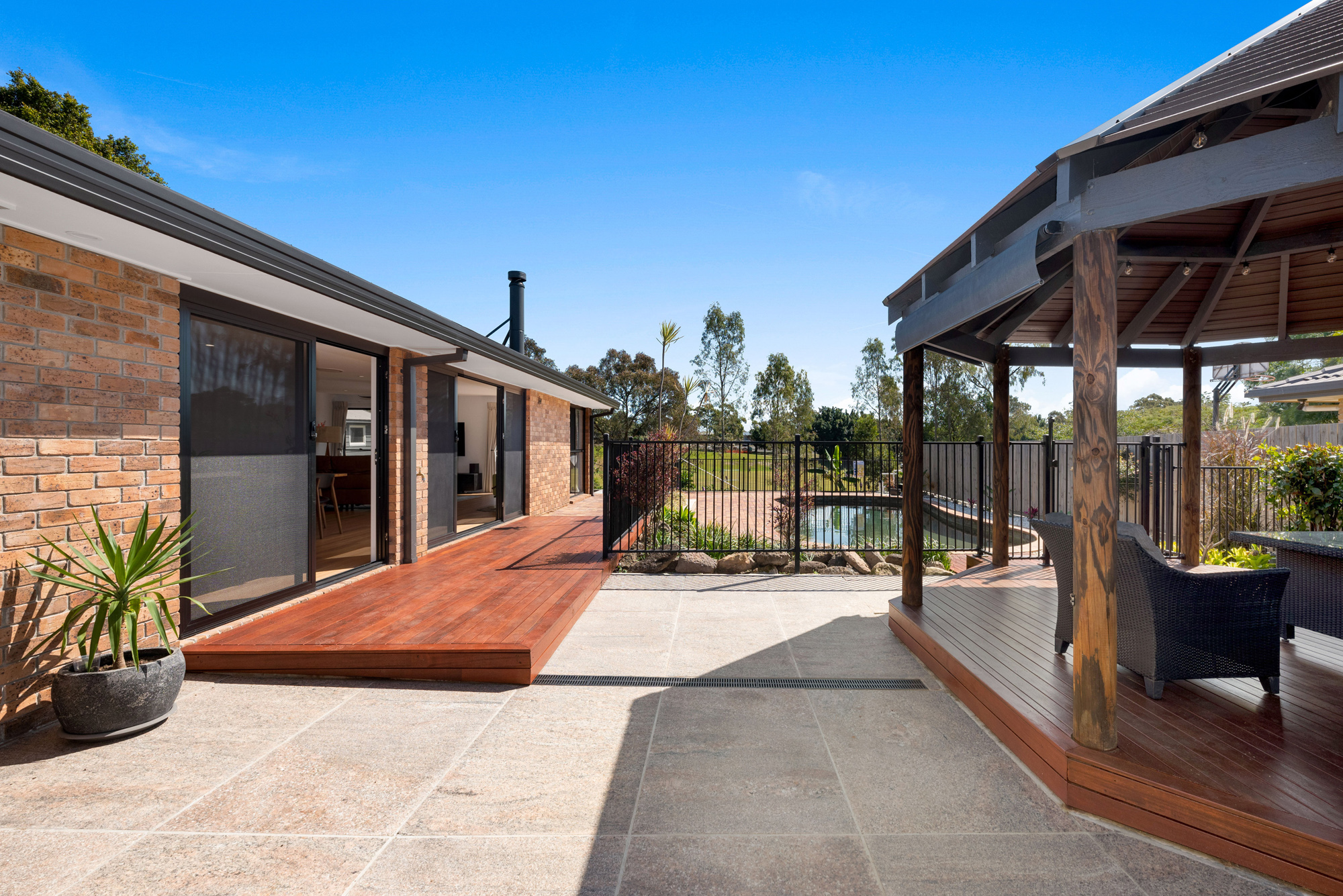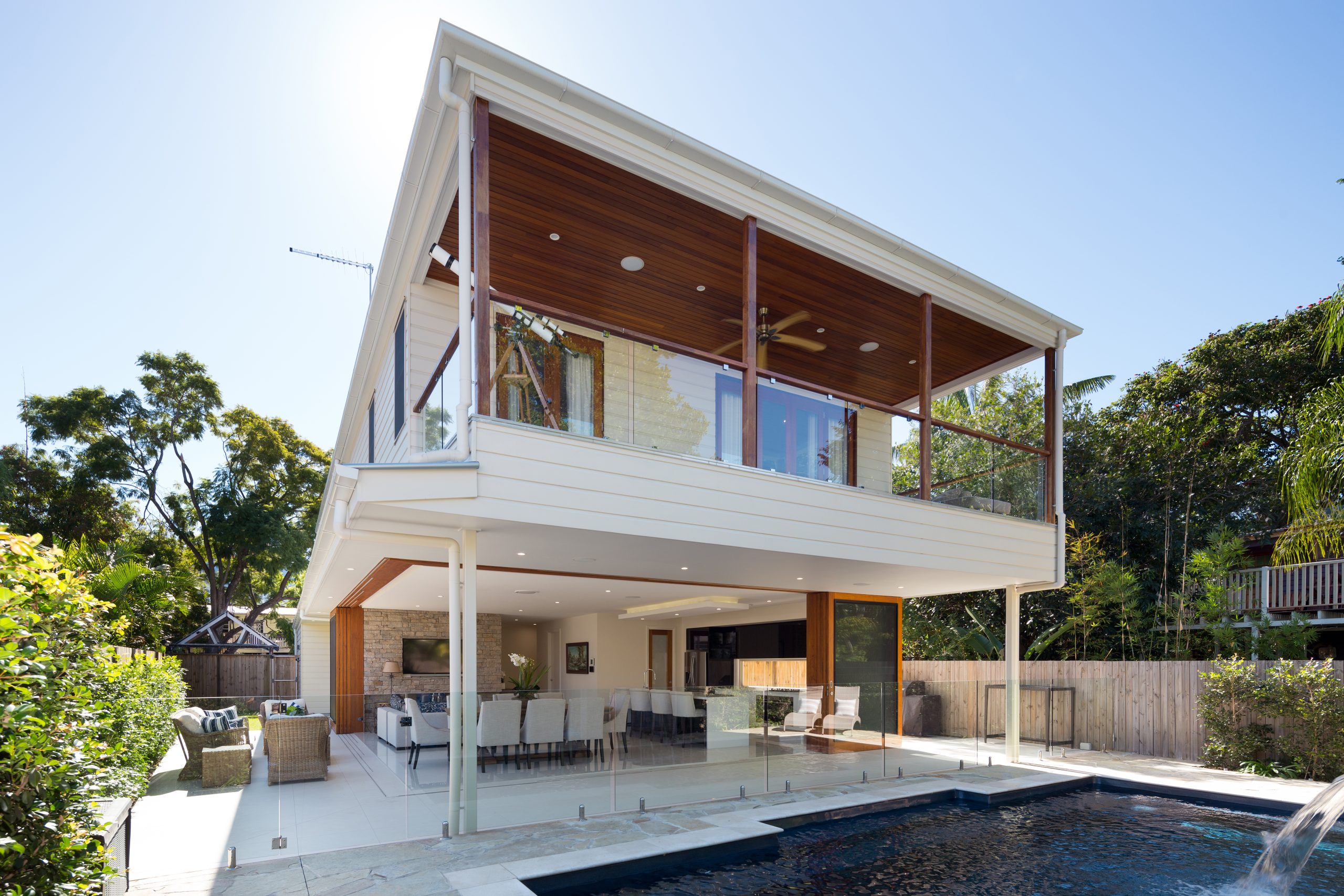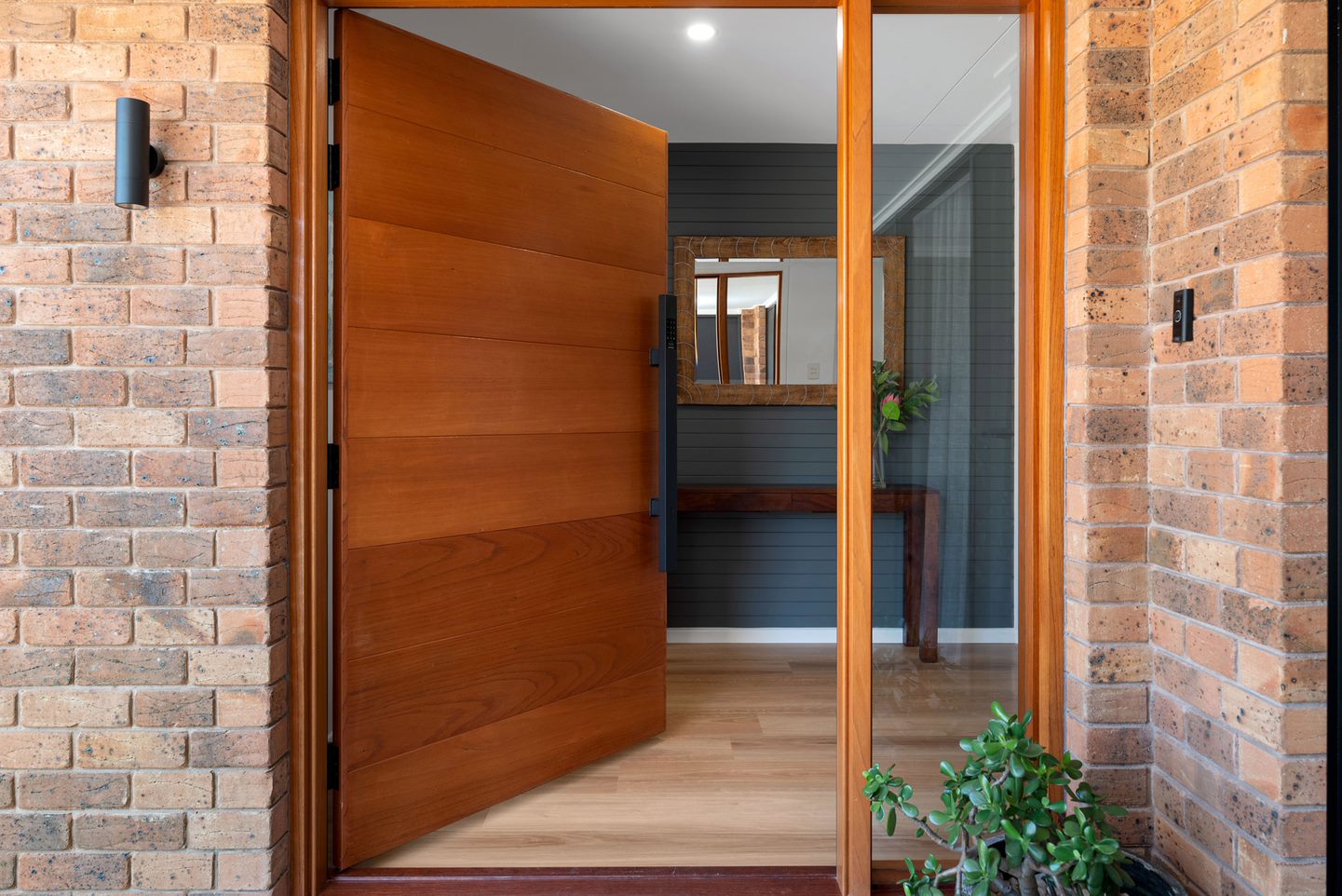When it comes to home improvement, few projects are as ambitious or rewarding as a whole house renovation. Whether you’re looking to breathe new life into an outdated space, accommodate a growing family, or create the dream home you’ve always envisioned, a renovation can turn your dreams into reality.
In this post, we’re giving you a thorough guide into full-scale renovations, including the benefits, costs, duration, and the step by step process. This will help you make an informed decision for your own home.
Benefits of Full Home Renovations
Increased Property Value
One of the most significant benefits of a whole house renovation is the potential increase in property value. Through updating outdated features and improving the overall condition of your home, you can significantly boost its market value. This is especially valuable if you’re planning to sell in the near future, as a well-renovated home can attract higher offers and faster sales.
Enhanced Comfort and Functionality
Renovating your entire home allows you to address comfort and functionality issues. From upgrading insulation and heating systems to reconfiguring layouts for better flow, a full renovation can create a more comfortable and functional living environment. This means improved energy efficiency, better use of space, and a more enjoyable living experience.
Modernisation and Personalisation
A whole house renovation provides the opportunity to bring your home up to date with the latest design trends and technologies. Whether you want to incorporate smart home features, modern materials, or energy-efficient appliances, a full renovation allows you to tailor every aspect of your home to match your personal style and preferences. This level of customisation ensures that your home not only looks great but also meets your specific needs.
Eliminates Hidden Problems
Renovating an entire house can uncover and address underlying issues that may not be apparent with smaller projects. Through thoroughly inspecting and updating each part of your home, you can identify and fix problems such as structural damage, plumbing leaks, or outdated electrical systems. This approach helps ensure that your home is safe, sound, and built to last.
Increased Enjoyment and Satisfaction
Transforming your entire home into a space that reflects your vision can bring strong satisfaction and joy. Living in a home that meets all your needs and aligns with your tastes can enhance your overall quality of life. The process of seeing your ideas come to life and enjoying the results every day is one of the most rewarding aspects of a whole house renovation.

How Much Does Full House Renovation Cost in Australia?
The cost of a full house renovation in Australia can vary widely depending on several factors, including the size of your home, the scope of the renovation, and the quality of materials and finishes you choose. On average, you might expect to spend between $300,000 and $700,000 for a renovation of a standard-sized home.
Key Factors Influencing Cost:
- Size of the Property: Larger homes will naturally incur higher costs due to increased labour and material requirements.
- Scope of Work: Extensive renovations that involve structural changes, high-end finishes, or complex designs will be more expensive.
- Location: Costs can also vary depending on the region. Soil type, block accessibility, council and state planning overlays as well as environmental factors can affect the costs.
- Design and Materials: The choice of materials and the complexity of the design can significantly impact the overall cost. High-end finishes, custom features, and eco-friendly options tend to increase the budget.
It’s essential to work with licensed and qualified contractors to get a detailed quote based on your specific renovation plans. Obtaining multiple quotes and setting a realistic budget with some contingency for unexpected expenses can help manage costs effectively.
How Long Does Full Scale Renovation Take?
The duration of a full-scale home renovation can vary based on the complexity of the project, the size of the home, and the efficiency of the renovation team. On average, a renovation can take anywhere from 6 to 12 months.
Factors Affecting Renovation Timeline:
- Scope of Work: Extensive renovations involving structural changes, multiple rooms, or complex designs will naturally take longer.
- Permits and Approvals: Securing necessary permits and approvals from local authorities can add time to the renovation process.
- Contractor Efficiency: The experience and efficiency of your renovation team can significantly influence how long the project takes. A well-coordinated team will generally complete the work faster.
- Supply Chain Issues: Delays in material supply or shipping can impact the overall timeline.
Effective planning, clear communication with your contractor, and timely decision-making can help streamline the process and minimise delays.

The Full Home Renovation Process
1. Consultation & Planning
The full home renovation process begins with initial consultation and planning. During this stage, you’ll discuss your renovation goals, preferences, and budget with an architect or designer. This is also the time to engage a builder to conduct a thorough inspection of the home to identify any structural or system issues that need addressing. Once you have a clear vision, work with a designer to develop a detailed renovation plan, including layouts, materials, and finishes.
2. Budgeting
Next, you’ll need to move on to budgeting and financing. Obtain detailed cost estimates from builders and contractors to create a budget that includes a contingency for unexpected expenses. If needed, talk to a financial advisor to explore options such as home equity loans or personal loans to fund your renovation.
3. Permits & Approvals
Securing building permits and development approvals is a crucial step before construction begins. A Building Certifier assists in submitting your renovation plans to the local council and obtaining the necessary permits to ensure that your project complies with building codes and regulations.
4. Demolition & Preparation
Once permits and contracts are in place, the demolition and preparation phase begins. This involves removing any existing structures that will be renovated and preparing the site for construction. This may also include setting up temporary facilities as needed.
5. Renovation & Construction
With the site prepared, the renovation and construction phase can commence. Start with addressing any necessary structural modifications, such as removing or adding walls, reinforcing foundations, or updating plumbing and electrical systems. Following this, move onto interior renovations, including framing, insulation, plasterboard, and painting. Installation of items such as flooring, doors, trims, cabinetry, and countertops, will complete this stage.
6. Final Touches
After the main construction work is done, it’s time for the final touches. This includes the detailed work of installing your fixtures and finishes, including tapware, door handles, mirrors, lighting fixtures, and painting touch-ups. Ensure a thorough clean-up of the site to prepare it for move-in.
7. Final Inspection & Handover
Finally, conduct a final inspection to ensure all work is completed to satisfaction and complies with building codes, a walk through with clients. Officially hand over the renovated space to the homeowner, and address any minor issues that may have been missed during the touch-ups period. With everything in place, you can now enjoy your newly transformed home and settle into your upgraded space.
Ready to Renovate your Home?
Talk to us! At JM Homes, we’re Brisbane’s renovation and building experts. We ensure we always take the time to listen, communicate and act with our clients interests at heart at every stage of the build.
Take a look at some of our recent projects for some inspiration or get in touch with our team.


